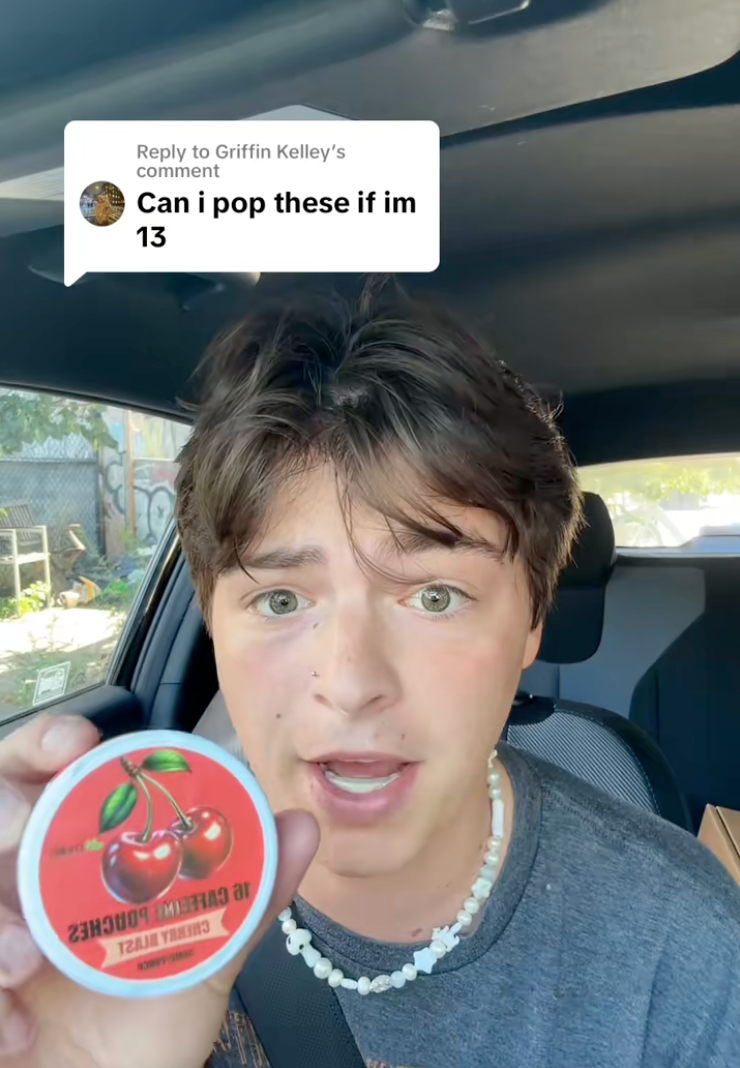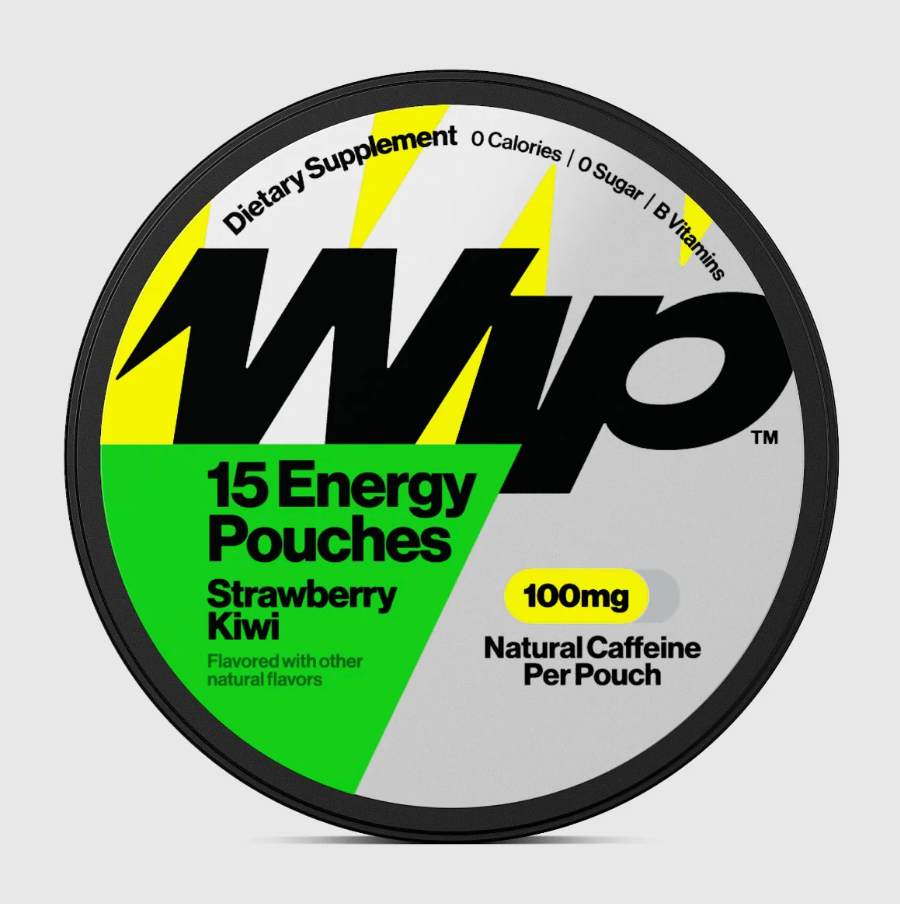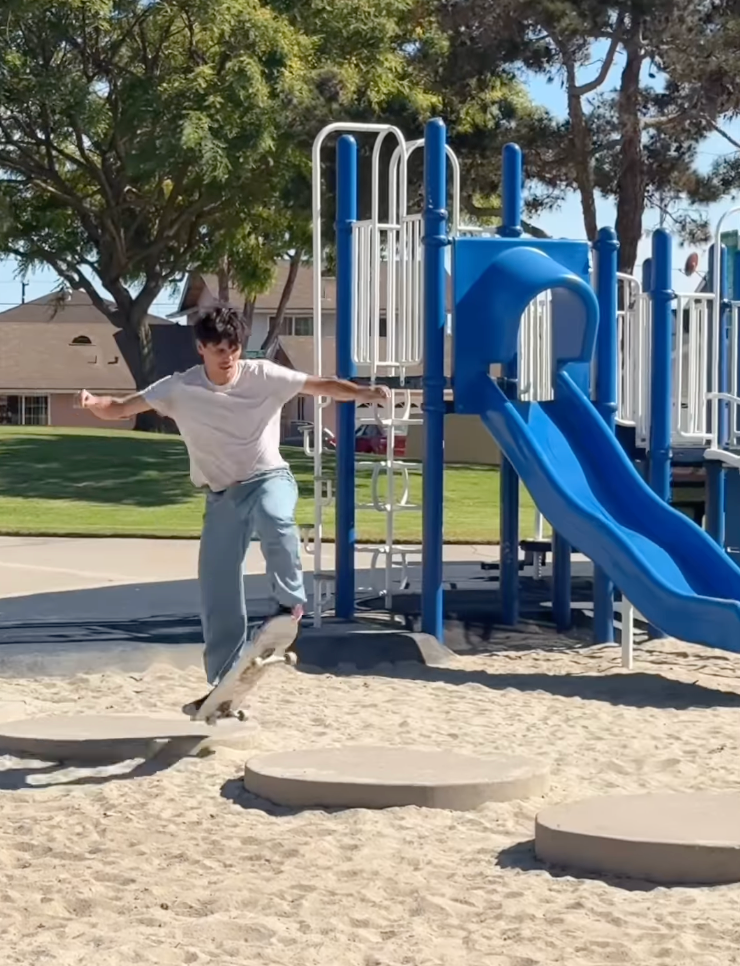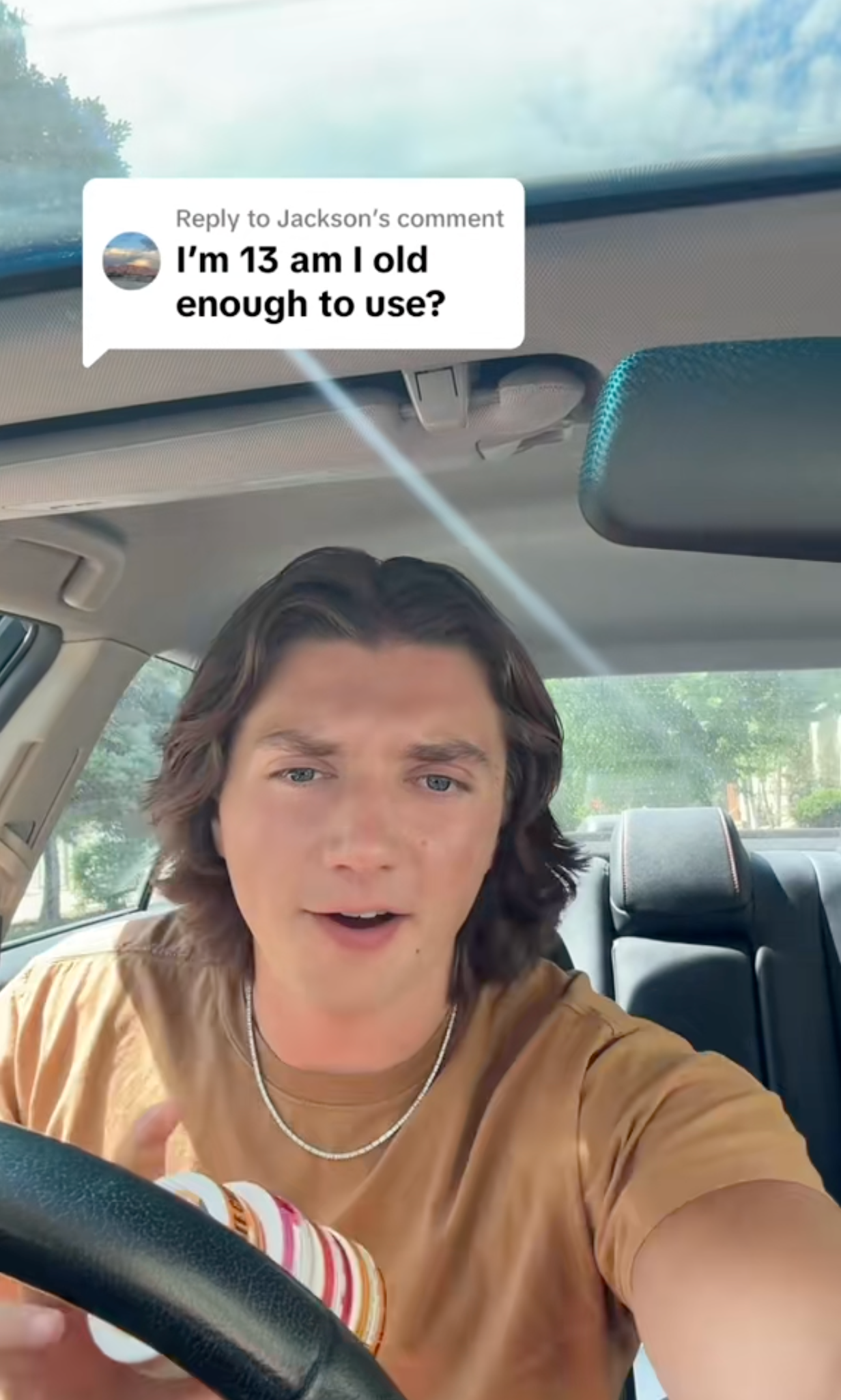Last summer, a TikTok user shared a video responding to a commenter asking if 13-year-olds can use caffeine pouches. The pouches, which are placed between your cheeks and gums to absorb the stimulant directly, have become increasingly popular amongst teens.
“Yes, guys, you can literally pregame recess with these,” the video creator says, holding up a tin of LyvWel “Cherry Blast” caffeine pouches.
There are a lot of similar videos all over TikTok.
“Can a 13-year-old use or buy upper-deckies from the TikTok shop? Yeah, of course you can,” a different user said, referencing the popular online nickname for pouch products. “These are literally just caffeine pouches.”
There is no national age restriction on caffeine in the U.S., so anyone can purchase products that contain the stimulant. Caffeine use in kids can even result in a hospital trip, which is rare but on the rise. The number of children ages 11 to 14 who had to visit the emergency room due to a caffeine overdose doubled between 2017 and 2023, according to a November 2024 study.

And experts are getting increasingly concerned about the impact of caffeine on children, and the marketing tactics that could expose kids to these products.
Dr. Michael Garcia, an internal medicine doctor with a focus on nutrition at UCLA Health, told The Independent that “less is more” when it comes to caffeine for adolescents. Long-term use among teens can increase blood pressure, worsen anxiety and impact sleep, he explained.
“We know caffeine is one of those things our body can develop tolerance to,” Garcia said. “So little by little, maybe use increases as that tolerance develops. And it's like any other stimulant or substance that gives us some sort of immediate effect, we then depend on it ... long-term.”
The American Academy of Pediatrics suggests 100mg as the upper limit for kids 12-18, which is about the equivalent of a cup of drip coffee, about two cans of Diet Coke, or one energy drink.
There are several other companies that sell caffeine pouches, including Deckiez, Rebel Pouches, and Wip, a caffeine pouch start-up founded by Richard Mumby, a strategic investor and marketing executive who worked with the e-cigarette company Juul.
Different brands have different amounts of caffeine: many of LyvWel’s pouches contain 56mg per pouch, which is roughly equivalent to a can of soda. Deckiez sells pouches with 40mg and 50mg of caffeine. Wip sells products with 100mg and 200mg of caffeine per pouch, with 15 pouches per package.

Wip’s Instagram features influencers over 18 promoting the products while doing athletic activities, including surfing, skateboarding and weightlifting. Rebel Pouches’ Instagram shows men playing golf, softball and running, amongst other sports. Deckiez, founded by a teenager and his father, shows the now-college student founder talking with other young men, and shows people snowboarding and playing softball. LyvWel’s focuses on discount prices and flavor variety.
Dr. Robert Jackler, founder of the Stanford Research Into the Impact of Tobacco Advertising group, tells The Independent he’s concerned social media marketing tactics could make teens eager to try the products, pointing out Wip’s use of sports teens are particularly attracted to.
“These videos of the skateboarder doing his tricks…I mean, there may be 50-year-olds and 30-year-olds who are interested in that, but it clearly has a differential interest amongst young people,” he said.

Dr. Bonnie Halpern-Felsher, a developmental psychologist at Stanford Medicine, also argued that using influencers and sporty imagery indicates it’s “clearly being marketed to young people.”
“You could talk about users on the way to the office, on the way to a business meeting…that would be much more obvious that you're targeting adults,” she said. “There's nothing that I can see of the sort here. It is all fun and games.”
However, caffeine pouch companies claim that they only aim their products to over-18s and, there’s age-related warnings on the tin.
Wip rejects any suggestion that they have advertised to underage children, with the company noting that its packaging is designed to appeal to adults and that hiring influencers is normal marketing practice. The product also includes age and usage recommendations, including a warning that says Wip is intended for people 18 and older.
“Wip has adopted an exceptionally proactive and responsible marketing approach, grounded in and exceeding official health authority guidelines,” the company said in a statement to The Independent.
Deckiez founders Dean and Mike Herkenrath noted that their product was created “as a healthier alternative to the huge spike in nicotine pouch use” and pointed out that caffeine has some health benefits for adults. For instance, studies have shown that adult coffee drinkers are less likely to develop heart failure, according to Johns Hopkins Medicine.
“Many of our customers have quit or heavily reduced their nicotine pouch consumption and we're very proud of that,” the Herkenraths said in a statement. “Our social media content is indented for success minded young adults to ageless at heart seeking to energize their goals!”
LyvWel said in a statement to The Independent that the TikTok creators encouraging 13-year-olds to try their caffeine pouches are not affiliated with the company, and appear to be using “TikTok’s Affiliate Program, which allows any user regardless of age to tag and promote TikTok shop products without brand involvement or approval.”
The company says it has tried to report “several inappropriate videos,” but some haven’t been taken down. The Independent has contacted TikTok for comment.
As interest in caffeine pouches grows, Dr. Grace Kong, a psychiatry professor at Yale Medicine who specializes in child and adolescent psychology, told The Independent that adolescents don’t have all the tools they need to make informed decisions about caffeinated products, especially those they find on social media.
“There is an issue if we're targeting that kind of advertising or marketing to teens for those substances, because teens are still minors,” she told The Independent. “There still needs to be protection in some way about the decision-making.”

She noted that she thinks caffeine pouches are too similar in design to nicotine pouches, which could encourage young people to try them. “It could be a gateway, or it could really normalize pouch use,” Kong said.
There’s also concern about how the caffeine is being delivered through these pouches, Dr. Taylor Argo, an adolescent medicine fellow at the University of Michigan, told The Independent.
“There are lots of blood vessels right there, and so that caffeine is being absorbed directly into the bloodstream…we hypothesize that when you put medicines directly into your mouth that way, or other substances, it's absorbed a little faster,” she said.
The “biggest risk factor” for teens when using high levels of caffeine is irregular heart rates, also known as cardiac arrhythmias, Argo said.
“I actually have not heard of any of my patients using these, and I care for teens every day…I do worry about the amount of caffeine that is in it and how it's being delivered,” she added.
Garcia encourages parents to talk about caffeine products with their teens and learn why they might want to use them.
“I think as adults, we are always inclined to provide a solution, but I think there's a lot of value in listening,” he said.

 6 hours ago
4
6 hours ago
4








